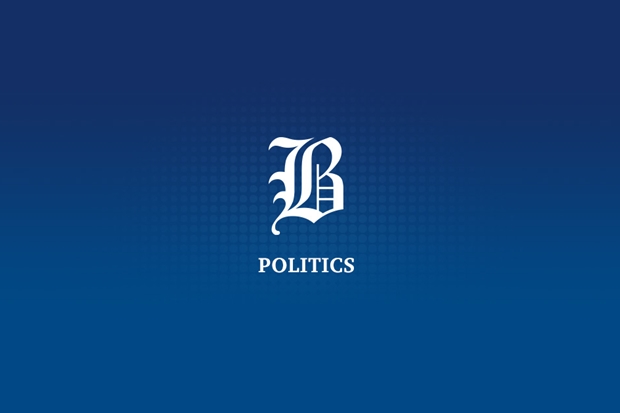
Dos and don’ts for parties, candidates
The Election Commission (EC) has provided clarification on its new electioneering regulations during the 180-day period prior to the end of the House of Representatives’ term.
EC secretary-general Sawang Boonmee on Tuesday chaired an online meeting of directors of provincial election committees nationwide to explain the new rules in detail.
He said political parties and election candidates will be free to attend social and traditional events such as weddings, funeral rites or ordination rites and they can offer flowers or wreaths, but not money or other assets, with the exception of the hosts arranging their own money for the parties and candidates to give to monks, Mr Sawang said.
The hosts are also forbidden from declaring the names and numbers of poll candidates in a way that is deemed to support their campaigns, he said.
Poll candidates can hold social and traditional events but they must not be large gatherings, which could be seen as entertainment activities or banquets in breach of the election law, he said.
Mr Sawang also explained that party leaders and executives, as well as MPs, can help candidates campaign for votes, but they are not allowed to pay others to attend or listen to rally speeches.
Candidates and parties can campaign on the premises of schools and state agencies with the permission of those agencies, but they are not allowed to offer relief items to people affected by disasters such as floods or epidemics.
As for political-office holders, such as the prime minister and cabinet ministers, they can appear on TV or radio shows or preside over events, make inspection trips and visit the public, but they are not allowed to use their positions or authority to campaign for themselves, parties or candidates.
They can attend social events and offer flowers and wreaths, but not money or other assets, Mr Sawang said. Campaigning outside office hours is permitted, but they must not use their position to benefit or unfairly disadvantage political parties or candidates, he said.
State agencies can proceed with their normal duties and other activities such as holding seminars, and traditional activities. They are also required to support the election and maintain their political neutrality.
Once a royal decree setting the poll date is declared, government officials will be appointed and transferred only when necessary to avoid impacting the election, Mr Sawang said.
The new law stipulates a 180-day pre-election period during which these regulations apply, according to the EC. Starting last Saturday, the period will run until the House of Representatives’ four-year term expires on March 23.
The day of the election is tentatively planned for May 7.

